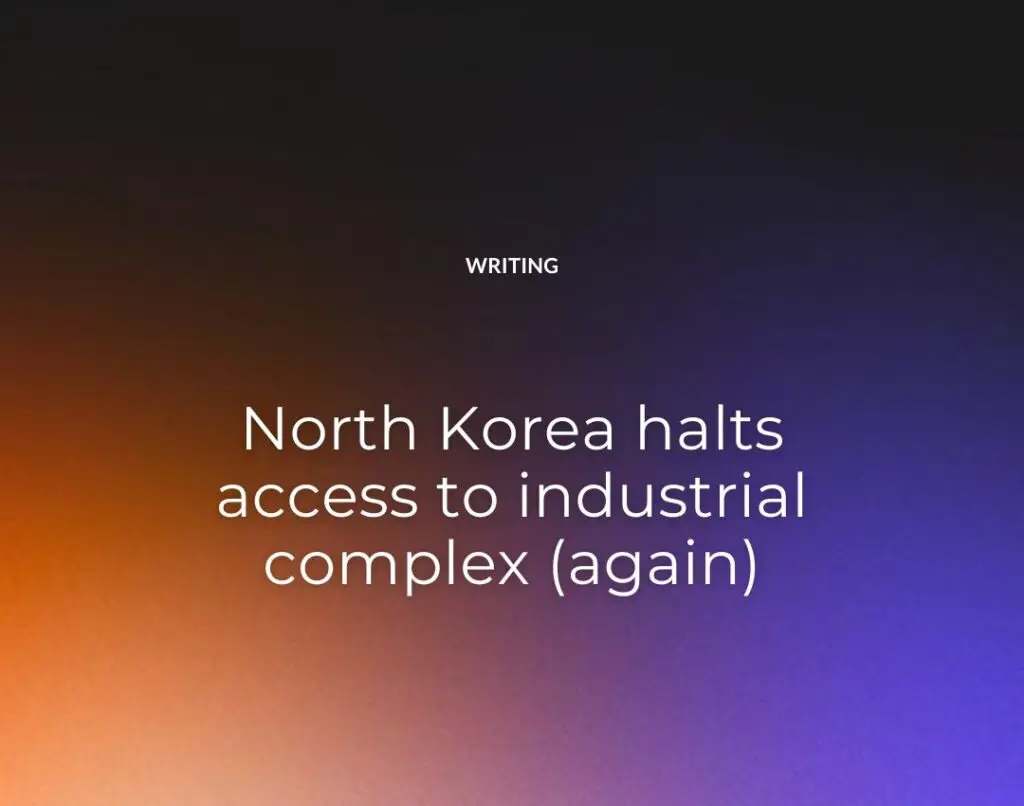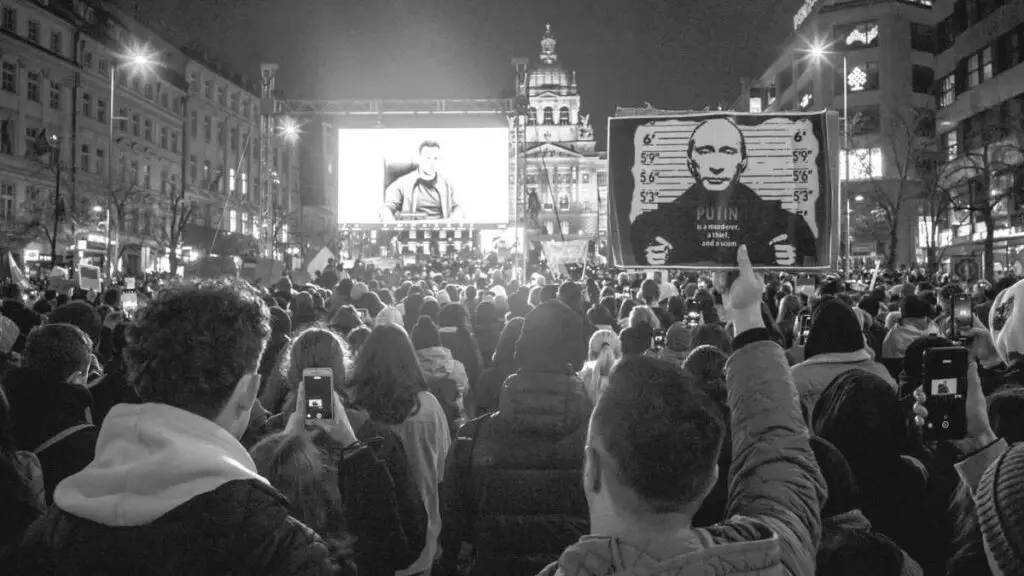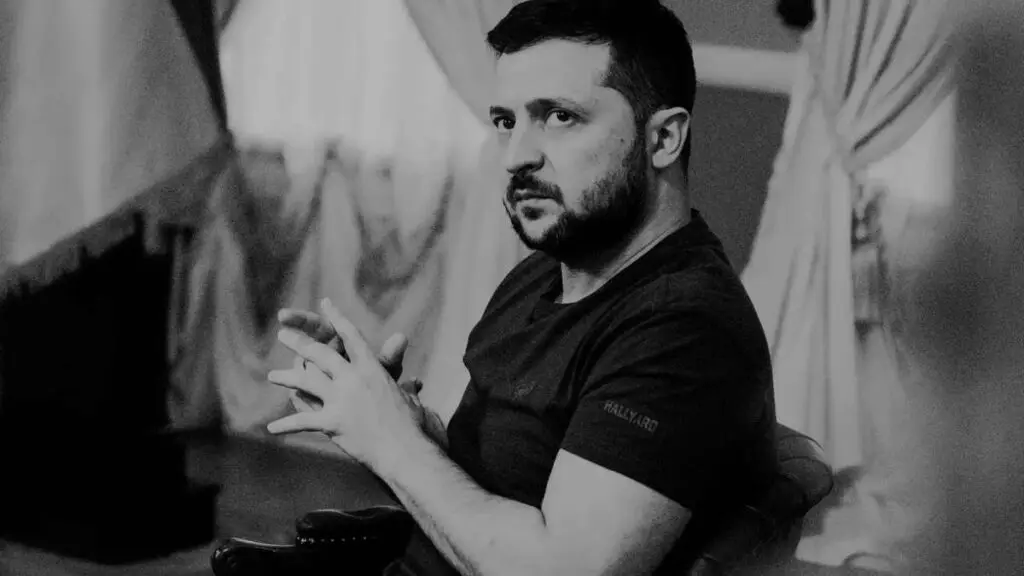By Geoffrey Cain
PRI’s The World
Apr 3, 2013
SEOUL, South Korea – More bluster today: the wire services are reporting that North Korea, for now, isn’t allowing South Korean businesspeople to enter the Kaesong industrial zone. That’s the special administrative area north of the border where several hundred South Korean managers supervise some 50,000 North Korean laborers, who make garments and handbags.
The spectacle sounds sinister, but what’s really going on?
In an era of poor relations and slingshot diplomacy between North and South, the complex is one of few realms where both sides actually cooperate. What happens at Kaesong is one barometer of the state of inter-Korean ties.
The project is a brainchild of what Koreans call the Sunshine era of the late 1990s, when both sides warmed up to each other.
Even though relations have cracked in the past five years, the area is still a money-maker for the North Korean regime, particularly because it brings in much-needed foreign currency. (Trust in the Northern currency, the won, has been particularly low since a botched “reform” in 2009 that wiped out many people’s savings.)
South Korean companies, on the other hand, have found that the low wages and Korean language skills of Northern employees outweigh the risks of doing business in the isolated state. After the area was opened in 2004 with a lease to a division of Hyundai — yes, the carmaker — several companies closed shop in China and Southeast Asia and moved their operations near the DMZ.
But today’s debacle isn’t the first. In 2009, North Korea closed the zone three times under similar circumstances, when South Korea and the US were engaged in the yearly Key Resolve/Foal Eagle military exercises, as they are now.
Then, in 2010, the North packed up its Kaesong consultative office altogether in response to Seoul’s heightened restrictions on North Korean trade (which itself was in response to Pyongyang’s alleged torpedoing of a naval corvette, the Cheonan).
So while the blockade is provocative, keep in mind that North Korea didn’t say it has closed the zone. It has only threatened to do so. Businesses report running normally, and South Koreans already there are being allowed to leave.
Eul-chul Lim, a researcher who travels regularly to interview companies there, told me last month that it’s highly unlikely — no matter what the war rhetoric — that North Korea would go so far as to close the Kaesong complex. “Neither side wants to be blamed for closing it first,” he said.
The article was originally published in PRI’s The World
See Also:






